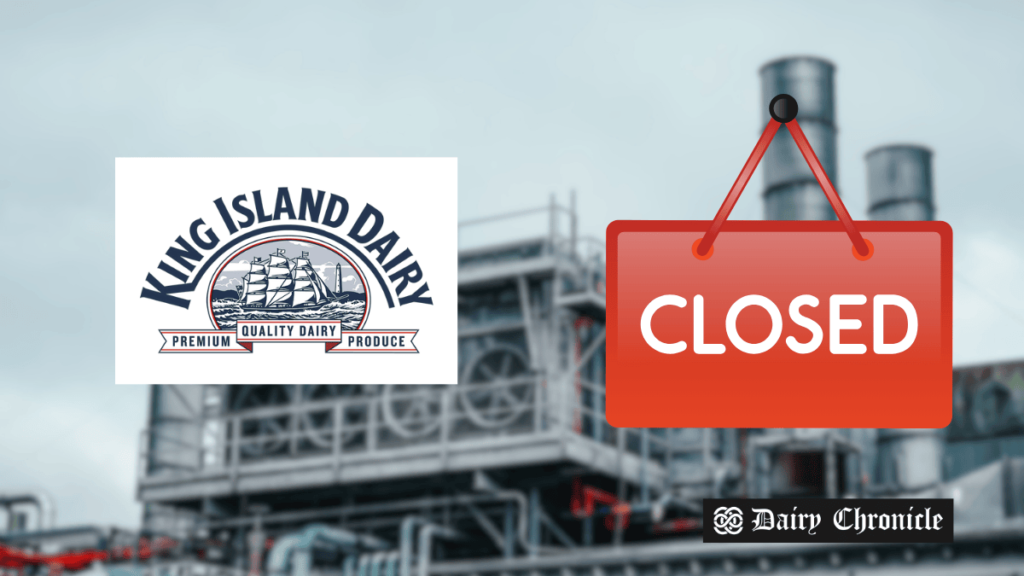King Island Dairy, Tasmania’s largest employer on the Bass Strait island, will close its factory next year, marking another significant blow to the island’s industrial landscape. The closure, announced by Canadian owner Saputo, follows failed efforts to find a buyer and reflects a broader decline in the island’s economy and dairy industry.
King Island Dairy, the largest employer on Tasmania’s Bass Strait island, is set to shut down its factory next year, sending shockwaves through the local community. The closure is the latest blow to an island that has already experienced significant industrial decline, prompting many residents to consider relocating in search of employment.
King Island Dairy’s Impact on the Community
For decades, King Island Dairy has been a cornerstone of the island’s economy, employing the majority of the local workforce. However, the Canadian-based owner, Saputo, recently announced that the upcoming season of cheesemaking will be the factory’s last. The decision follows an unsuccessful attempt to find a buyer, marking the end of a significant chapter in the island’s industrial history.
Premier Jeremy Rockliff has expressed hope that the factory might still be sold, offering a potential lifeline for the community. Despite this, the island has faced a string of industrial closures over the years, including the Grassy Mine in the 1990s and the local abattoir in the early 2000s, which have severely impacted its economy and population.
The Decline of King Island’s Industry
King Island’s economy once thrived on its mining and agricultural sectors, with the scheelite mine in Grassy employing up to 500 people at its peak. However, repeated closures have left the community reeling. King Island Dairy, which became the island’s largest employer by the mid-2010s, has faced its own financial struggles, including a government bailout and multiple ownership changes.
The factory’s closure is part of a broader trend affecting the dairy industry on the island. The number of dairy manufacturing jobs has plummeted by 44% since 2006. Currently, fewer than 60 employees work at the factory, and the island now has only two remaining family-owned dairy farms. These farms, including that of Kelly and Phil Lancaster, are transitioning to beef farming in anticipation of the factory’s shutdown.
Community Resilience and Hope
Despite the challenging circumstances, many King Islanders remain hopeful. Premier Rockliff is optimistic that a buyer may come forward before the factory’s final closure. The community’s spirit, embodied by residents like Irene Robins who recall the island’s vibrant past, remains strong.
As the factory’s closure approaches, the future of King Island Dairy and the island’s economy hangs in the balance. The community continues to hold out hope for a resolution that could potentially restore its economic vitality.



